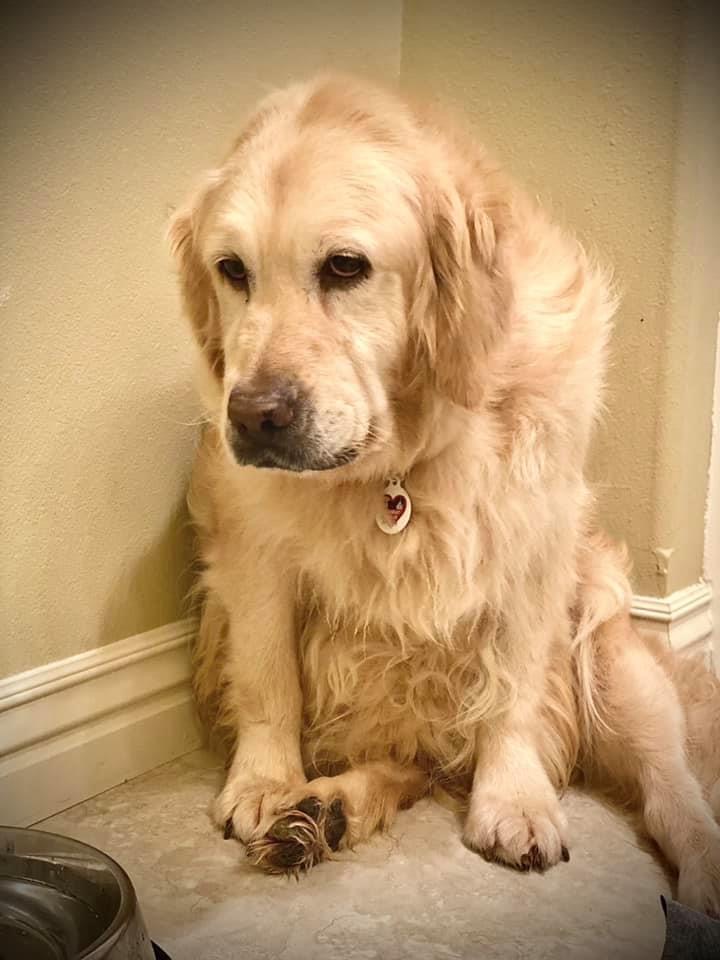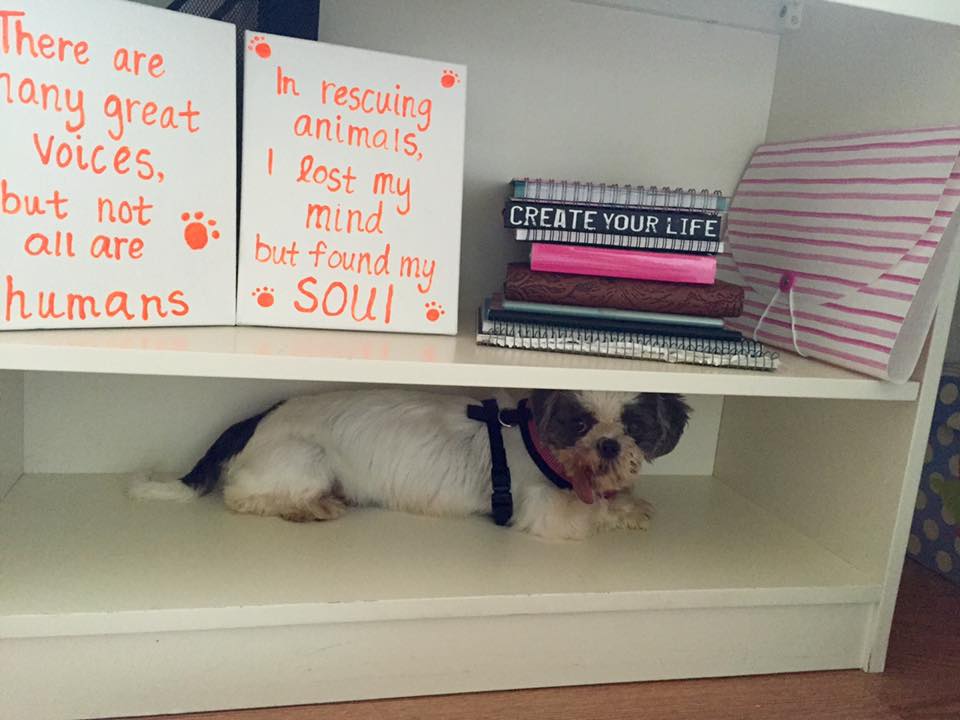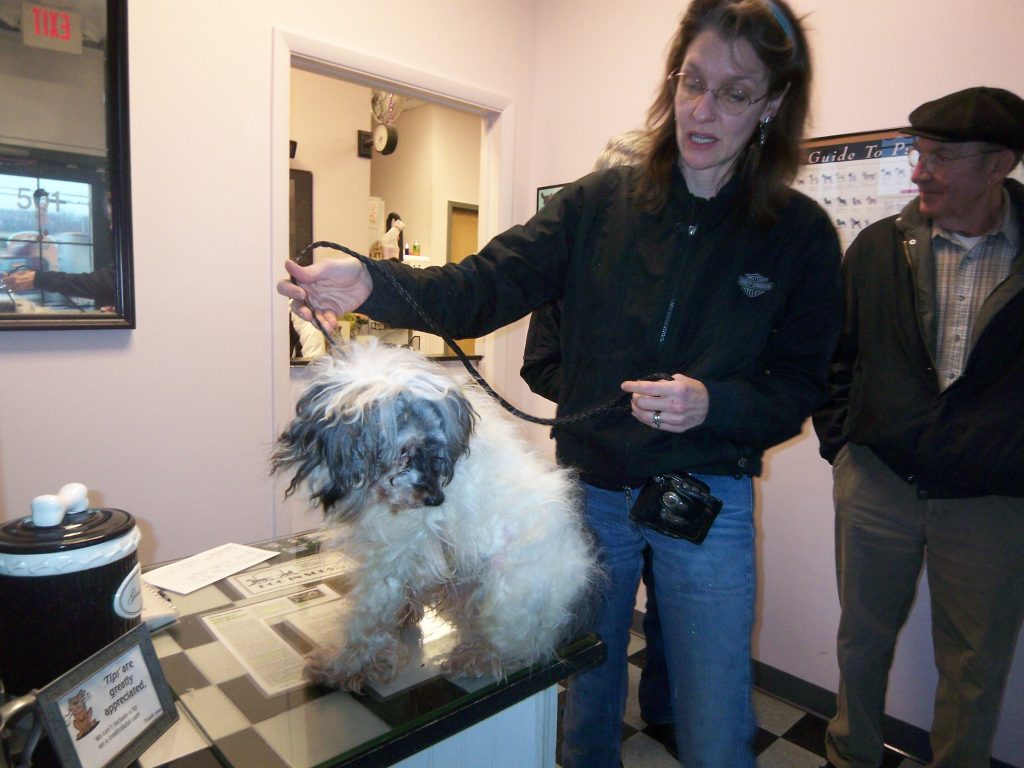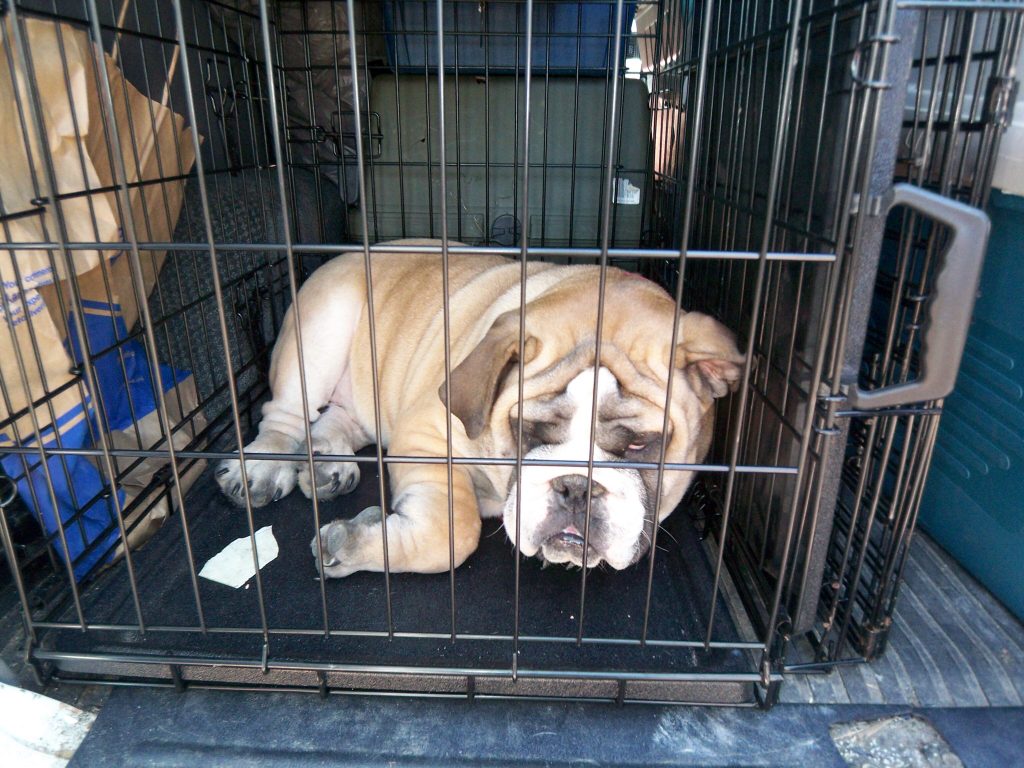Written by Becky Monroe
Rehoming Puppy Mill Survivors Takes Time
Recently, there was a monumental puppy mill shutdown and, for the first time ever, the owner was required to hand over the dogs to rescues.
Over 500 dogs of varying breeds were surrendered to a village of shelters and rescues in the midwest – all with the intent to find them the loving homes they always deserved.
Bailing Out Benji, along with the rescues taking in the dogs, have all received tons of interest in adopting the dogs. And like anything else, confusion, criticism and misunderstandings followed.
I have found that many people don’t truly comprehend the needs of puppy mill survivors and in this case many people have been unhappy with how slow the process is to get them available for adoption.
I would like to address this as well as why not everyone who applies is qualified to adopt a mill survivor.

I try to present the unique and often very challenging needs of mill survivors in our “Meet the Mill Survivor” segments, but perhaps the happy endings of these dogs are the true take away.
Let me be clear… long before the happy endings of these dogs are the hard, emotional days where many adopters or fosters want to just throw up their hands and cry in their pillows and admit defeat.
Many of us are able to envision a puppy mill: a dreadful place where the profits of breeding the dogs come long before their health and emotional well-being. We picture the tiny kennels stacked on top of each other. We see the emptiness in the dogs’ eyes. We understand the environment they come from, but we don’t always understand or fairly estimate the damage this environment does to the dogs, especially the ones who have endured it for years.
Maybe we even know of dogs who have found freedom and were afraid of grass or stairs or toys or feared human touch, but yet, believe this is the exception, not the rule.
This is not the exception. These are the rules. Mill survivors require special care, special homes, special owners.

This is not to say only a few people can handle a puppy mill survivor, because I, personally, have learned the opposite. I have seen many people rise to the challenge of loving a puppy mill survivor and become puppy mill educators who advocate on their dog’s behalf every chance they get.
It is just that taking in a mill survivor is likely to be an experience unlike any someone has had before. The mere idea that a dog shakes uncontrollably at the sight of a human hand or has no idea how to drink from a water dish, is beyond comprehension for the most seasoned of dog owners.
Our Alice, spent hours hiding behind the washing machine or hiding behind books on shelves doing all she could to be invisible. Months upon months passed before she didn’t run from me. To this day, 4 years later, loud noises of any kind make her retreat under beds or into dark rooms to hide.
When you have a dog like this, your life changes. I never put silverware or dishes away without being overly conscious of the noise I make. Every fork, plate and glass gets puts away with as little noise as possible.
I don’t clap my hands or shout at the TV during football games. Alice eats all her meals on a placemat because she will not eat out of a bowl. And when I put her food on that mat, I am careful to quietly dish it out. Any noise will deter her from eating at all.
All of these habits were life changes for us. They are things we live with because we know they are what Alice needs to be safe and secure.

In the 4 years we have had Alice, she has come a long way, but to a stranger they would find her a timid, odd dog. Alice is 10 years old now and it is unlikely she will ever be a completely normal, emotionally well-balanced dog.
There are many dogs like Alice coming from the recent mill. They will need time to decompress, to learn to trust human beings, to feel comfortable in a home environment and with a family.
There will also be dogs who need urgent and extensive medical care after not receiving any for so long. Some of these dogs will need specific medical care for years to come. They might have chronic eye issues, arthritic issues, teeth issues, etc. Often the prolonged medical care of mill survivors can be both emotionally and financially draining.
These are all the types of dogs who will not be up for adoption immediately. It would be unfair to the dog and the adopter to place these animals quickly.
In fact, when I see rescues place dogs coming from puppy mills shortly after they come in – I am often wary.
Puppy mill survivors tend to be huge flight risks. Their fear of humans or life outside of a cage can be extreme and during transports or in new homes with owners who don’t fully understand this, they often escape and are near impossible to recover. This is always my biggest concern.
They have no reason to trust a human being so why would they come when called or allow a human to catch them? These are the types of things rescues and shelters are trying to avoid and why they take the time they do to foster the dog first and have an extensive application process.

I know all too well how frustrating and exhausting the adoption process can be. (We can talk about that in another blog) However, when it comes to mill survivors who have spent a significant amount of their life in a breeding facility, it is critical to give them extra time before adopting them out.
All of that said, if you find yourself willing and ready for the challenge, I believe with all my heart that adopting a mill survivor is the most rewarding experience a dog loving person can have. The bond you share can be incredible. The transformations they make can be so rewarding.
I know mine changed my life in wonderful ways I never could have predicted.
Please, be patient as these beautiful souls adapt to the overwhelming world outside of a cage. These particular dogs lived in one of the worst mills. We can only imagine the horrors they have endured.
And these rescues who have taken them all in – deserve your understanding. They have been tasked with one of the largest puppy mill placements ever.
I am grateful for the number of people applying to adopt these dogs who have suffered so much. I hope that anyone who is able to make a puppy mill survivor a part of their family, will share their story, so that we can continue to educate everyone on the truth behind the pet store.

**Just a reminder – if you would like to share your Mill Survivor’s story, I would love to publish in on Tails and Truths! Just email me at bmonroe@bailingoutbenji.com.**

Make a donation below to help our nonprofit continue our important work fighting puppy mills.

